
Religious stories on film have long shaped how people see devotion on screen, with great directors bringing powerful stories to life in ways that stay with audiences for decades. If you’re curious about cinema that tackles faith with depth and vision, these 10 acclaimed titles deserve a place on your list.
The Passion Of Joan Of Arc (1928)
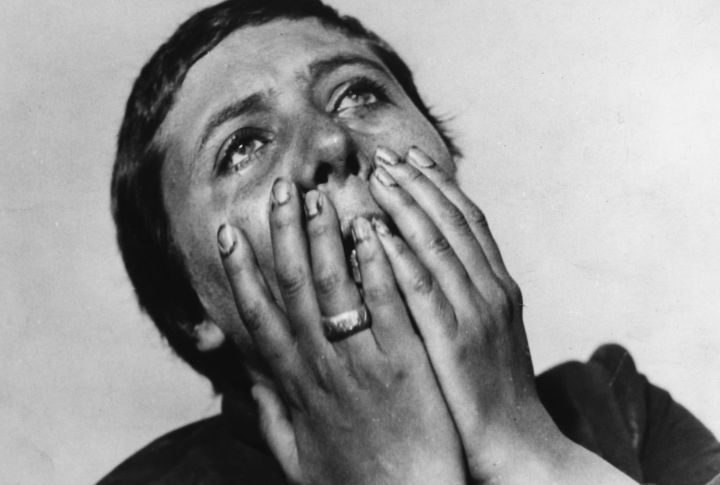
This silent masterpiece retells the final days of Joan of Arc, focusing on her trial and execution. Renee Jeanne Falconetti’s heart-wrenching performance captures Joan’s spiritual agony and defiance. Director Carl Theodor Dreyer used real court records and close-ups to create a visceral portrait of faith, fear, and martyrdom—without uttering a word.
The Gospel According To St. Matthew (1964)
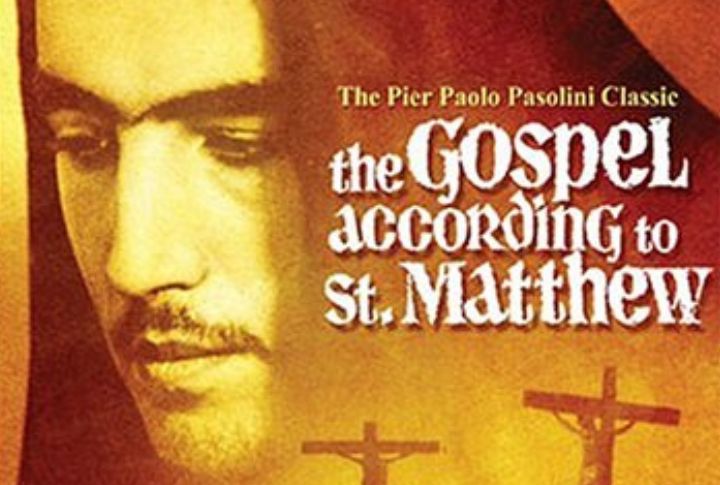
When atheist and Marxist Pier Paolo Pasolini tackled Christ’s story, he cast non-professional actors, including a Spanish economics student as Jesus, for raw honesty. To achieve a deeper realism, he even filmed in southern Italy using natural light and handheld cameras. This bold approach earned the Vatican’s praise as one of the finest films on Christ.
Ben-Hur (1959)
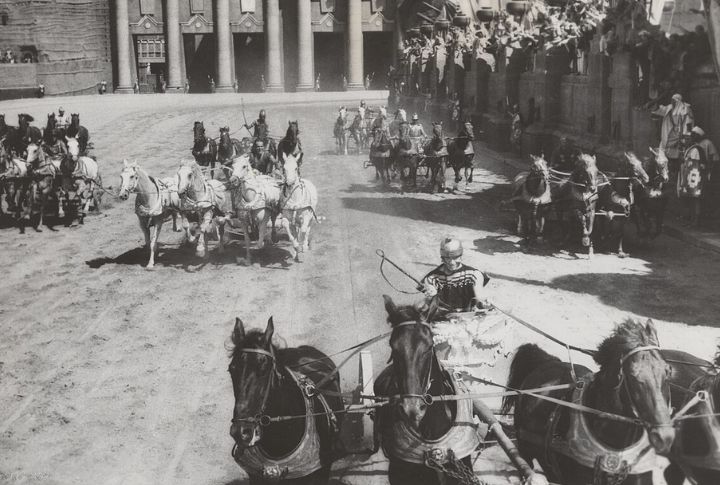
Sweat, dust, and spectacle collide in Ben-Hur, raising the bar for Hollywood epics. Its legendary chariot race took three months to film and used 78 horses, while Charlton Heston trained to drive a real chariot. With a $15 million budget, it became the era’s costliest production and won 11 Oscars.
Andrei Rublev (1966)
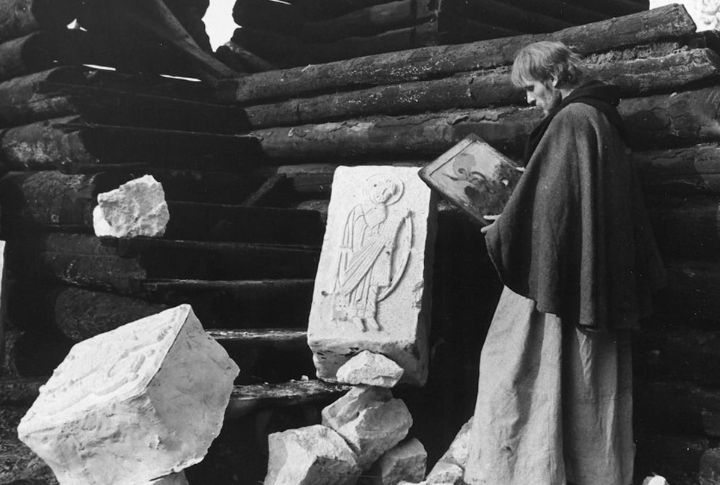
A monk wrestling with belief and conflict finds purpose through art in “Andrei Rublev,” where Tarkovsky’s bold vision leaves a lasting mark. The bell-casting scene powerfully symbolizes spiritual rebirth. Due to its raw honesty about religion and power, the Soviet censors even banned it for years, thereby sealing its status as a defiant masterpiece.
The Last Temptation Of Christ (1988)
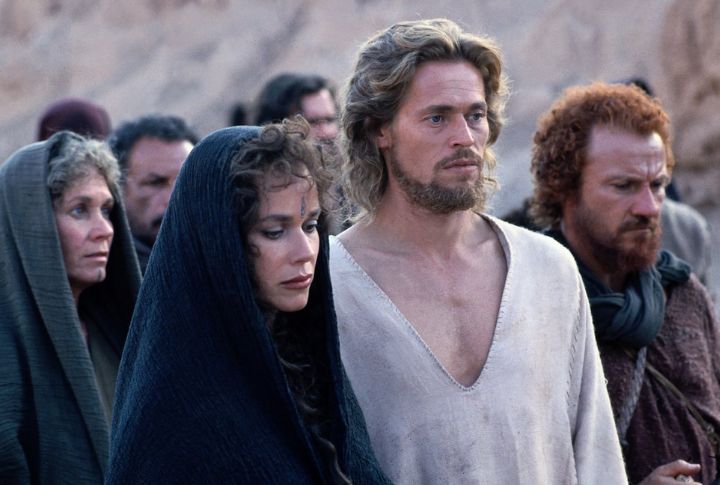
Controversy swirled when Willem Dafoe’s Jesus hit screens, sparking protests and bans worldwide. Yet Martin Scorsese stood firm, presenting Christ as deeply human, wrestling with doubt and desire. His aim was clear: the story explores spiritual conflict rather than biblical literalism, staying true to Nikos Kazantzakis’ boundary-pushing novel that inspired this striking adaptation.
A Man For All Seasons (1966)
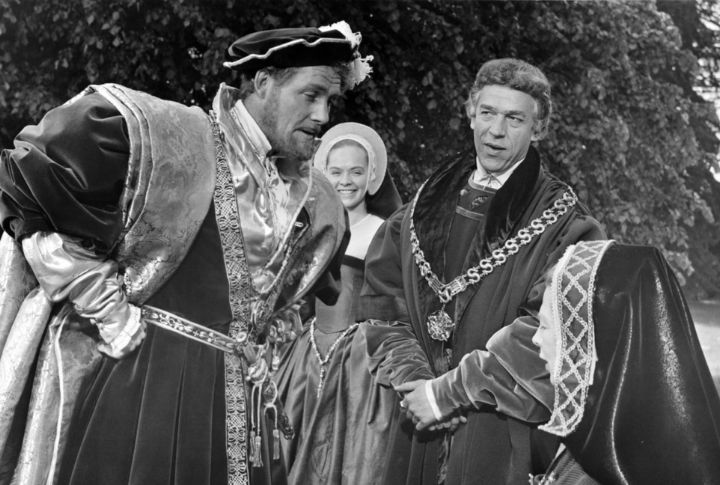
Principle meets power in this sharp drama about Sir Thomas More’s stand against Henry VIII’s divorce. More’s choice of martyrdom over compromise rings through every line of Robert Bolt’s play. The movie’s moral clarity and eloquent dialogue earned it six Academy Awards, including Best Picture and Best Actor for Paul Scofield’s quiet, yet forceful, performance.
The Ten Commandments (1956)
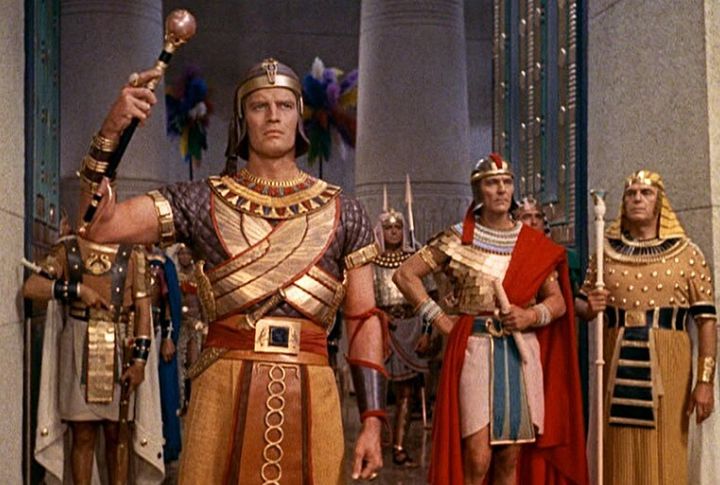
Spectacle reigns as Charlton Heston’s Moses parts the Red Sea in groundbreaking style. With its blend of biblical narrative and Hollywood scale, Cecil B. DeMille’s “The Ten Commandments” became one of its era’s top box office draws. To this day, the film’s moral themes and grand scale remain an Easter season tradition.
The Seventh Seal (1957)
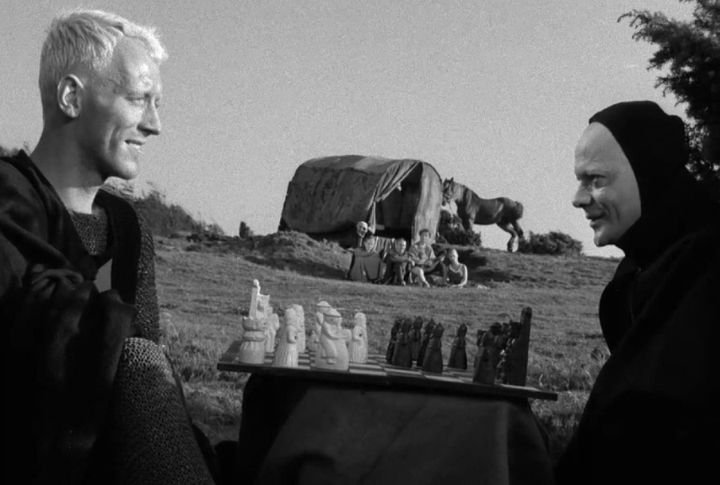
A knight’s game on a plague-ridden coast captures a cornerstone of European art cinema. Shot during the Bubonic Plague era, his tense match explores silence, mortality, and spiritual doubt. This haunting meditation shaped philosophical filmmaking and left an unforgettable mark on cinematic history in “The Seventh Seal.”
Silence (2016)
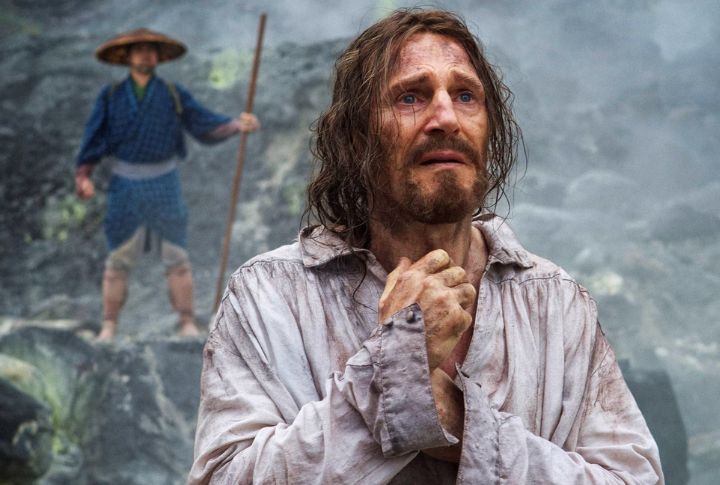
Whispers of faith echo through Scorsese’s “Silence,” filmed in Taiwan with a hushed score and careful tone. It follows Jesuit missionaries in 17th-century Japan, caught in the shadow of persecution. Drawn from Shusaku Endo’s novel, the story deepens into a question of what faith means when divine silence tests human suffering and devotion to the edge.
Jesus Of Nazareth (1977)
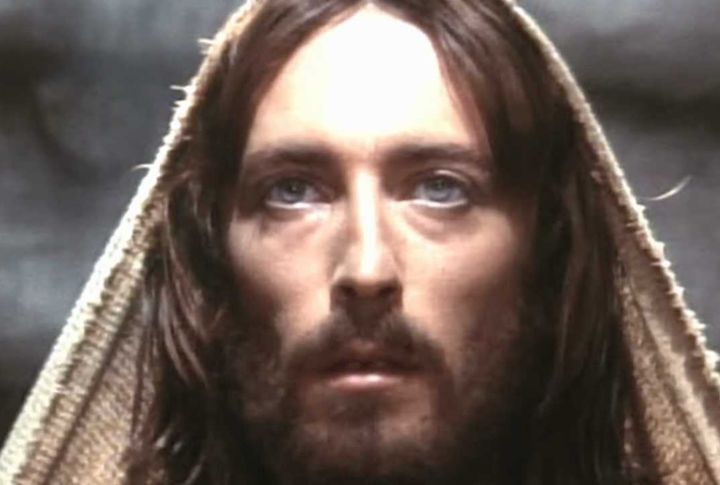
Families gather each holiday season to watch a story that spans over six hours with timeless care. Guided by Catholic, Protestant, and Jewish scholars, Franco Zeffirelli’s “Jesus of Nazareth” remains faithful to its scriptural roots. In turn, Robert Powell’s serene intensity continues to earn praise for balancing reverence and detail in every scene.

